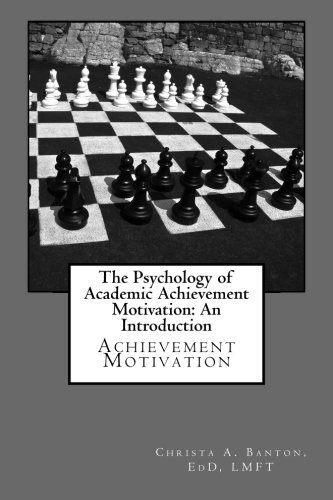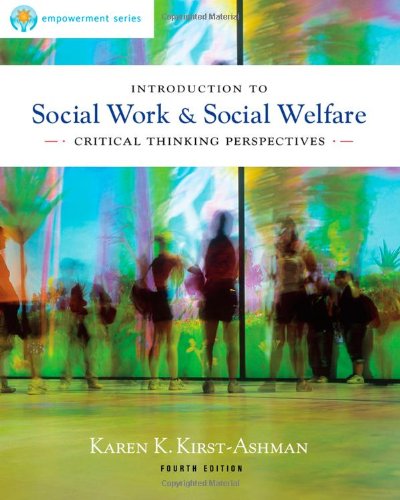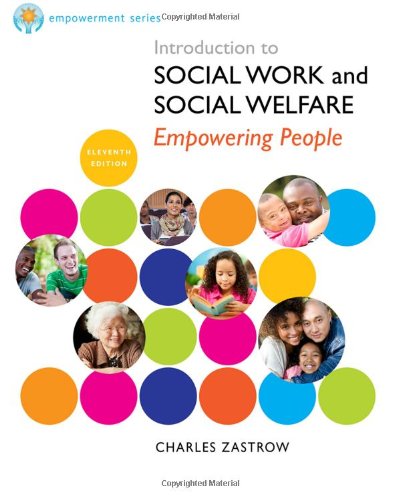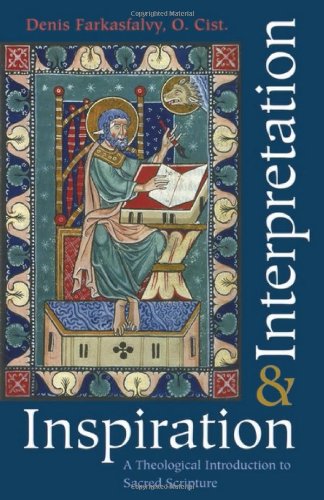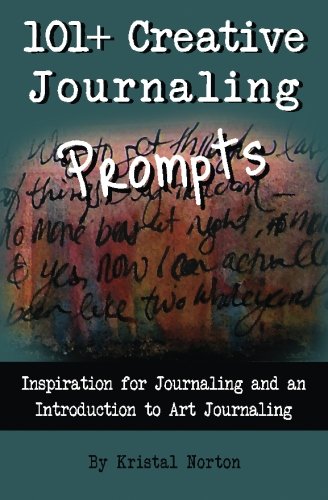
101+ Creative Journaling Prompts is an inspiring collection of writing prompts (that you’ll actually want to use!) designed to help you dig deeper to discover more of your true self and to inspire you on those days where you aren’t quite sure what to write about. If you’re looking for a deeper connection with your journal, author and artist Kristal Norton sheds light on a more rewarding form of journaling with a brief introduction to art journaling and 20 bonus art prompts. She also shares pages of her creative journal that were inspired by the prompts in the book, showing how each prompt can be used and interpreted in many ways. This book is overflowing with inspiration: • 101 creative writing prompts that encourage introspection, great for traditional journaling as well as art journaling • Visual examples of prompts interpreted by the author • 20 quick and easy art prompts to get you started adding color and imagery to your journal • Bonus video of author and artist Kristal Norton creating an art journal page from start to finish using this book for inspiration • A PDF version of all the prompts in this book so that you can print, cut out, and put them in a jar for easy access when you’re feeling stuck

